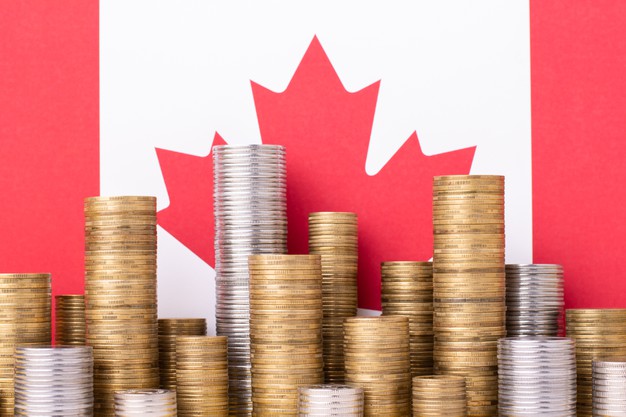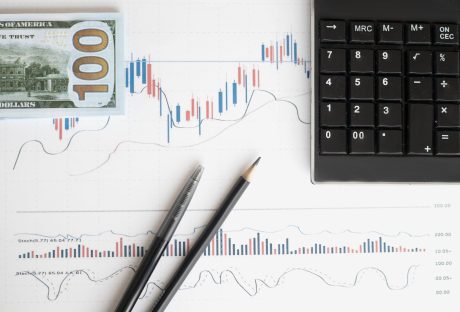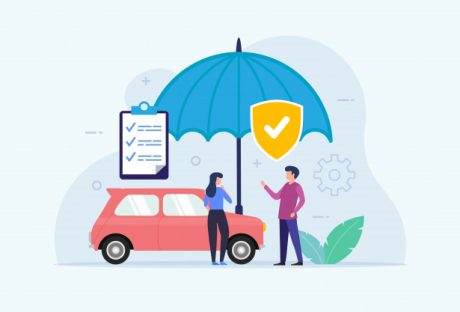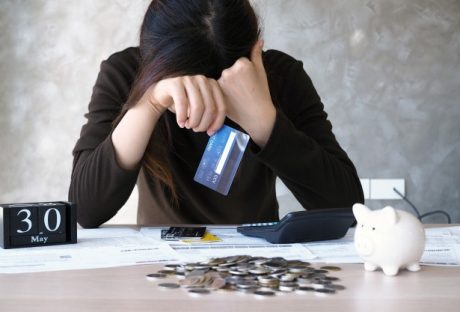For new residents in Canada, it is not unusual to incur debt. Moving and settling in a new country often involves a lot of money, after all. If you are not careful, you will find yourself coping with unmanageable dues, dealing with bouncing checks, and avoiding calls from collection agencies. There is no absolute way to get rid of debts altogether, but with proper planning and execution, you will be able to get your finances back on track.
Freeing Up Money To Reduce Debt
The first thing to do to take control of your debts is to free up some money. This will involve creating a spending plan, paying your debts consistently, and tracking your progress. With a spending plan, you will be able to determine how much money you can work with. Start by summing your monthly expenses and removing them from your income. The money left over is the money you will use to pay down your debt.
If you are spending more than you earn and have no spare money, you need to review your spending habits and determine which ones you have to cut down. Sitting down with a budgeting expert may be advantageous. One way to reduce spending is by not using credit, at least until you have paid off your debt. This includes your overdraft. If you have to use it, you must treat it like a bill that you need to settle.
Another way to free up money is by spending less than you plan to spend. Many people get into debt because they buy things they cannot afford. Follow a simple rule – if you do not have money, do not purchase it. If you can be gratified with less than what you usually want, you can use the cash you saved and pay down your debt. Eventually, you will have adjusted to your new setup and learn to put away money for other financial priorities.
Tracking your spending and identifying which areas to cut back from also helps. You need to exercise honesty in doing this, otherwise, it will not work. Many people end up being surprised by how much they actually spend daily. Once you have mapped out your spending habits, it will be easy to pinpoint areas where you can cut back. The next step will be to allocate the money you found and settle your debts.
Using Funds Strategically To Eliminate Debt
Once you have freed up money, you can use it to pay down your debts. There are different ways to do it strategically. New residents in Canada typically apply for a mortgage to be able to afford a home. Banks and lending institutions require a minimum of 35% down payment, paid in cash, with a maximum of 65% of the value of the home provided as a mortgage. Monthly payments will be based on the mortgage option they will choose.
In paying a mortgage, a bi-weekly payment may be better than a monthly option to accelerate the process. It may seem like you are paying the same amount of mortgage, but you are actually settling your debt faster by including an equivalent of one extra payment annually. This way, you will be able to pay everything off several years earlier. For more information about the mortgage, visit this page: https://alpinecredits.ca/home-equity-line-of-credit-vs-mortgage/
Another smart way to settle your debt is by paying as much extra as you can afford. With a minimum credit card payment per month, it will take a long time to pay off the balance. Meanwhile, some borrowers choose to settle their most expensive debts first, then work their way to the least. In this snowball method, you will be focusing all your extra payments on the debt with the biggest rate, while making minimum payments on all the others.
First, arrange your debts in the order of their interest rates. Then, pick the one that is charging you the most and prioritize it. Once your most expensive debt is settled, use all the money you were reserving and allocate it to the next highest loan. Continue this scheme until you are left with the least expensive debt to pay down. Many attest to this strategy as very effective in getting out of debt quickly.
If your debts are becoming too unmanageable and you are really struggling with your financial obligations, it may be time to start speaking with a credit counselor. Credit counselors are experts in helping people assess their situation and eventually put together a working plan to set their finances back on track. They will also negotiate with your creditors to explore your options. Credit counseling is a legal process that is usually for free or at a very low cost.
Other Ways To Cope-Up With Debt
Having your own vehicle when living in Canada is useful as there are places where public transport is limited. When buying, it is better to choose a quality used car rather than a new one. You can go to a local library or read reviews online to see your options. Meanwhile, if you do choose to buy a new car, pick one with good fuel economy. By keeping it for 15 years, you can stretch your dollars and have plenty of time to save for another vehicle.
Reducing your grocery bills also helps. Watch out for sales then stockpile your cupboard with non-perishable items like canned goods, rice, and cereals. Freeze bread and meat properly. Live off your stocks and skip doing groceries every month. This way, you can save up to 25% of your annual bill. If this is not manageable, try skipping once every other month. You can still save a good amount of money.
Finally, if you want, you can get a second job or pick up additional shifts to earn extra money. For this to work, you have to consistently allot all your extra income to pay your debts. This does not always suite everyone, but if you can do it, you will find yourself free of debt faster. You also do not need to work extra shifts forever, just until all your debts are paid off. After that, you can consider scaling back again.
More Resources:
- How to Eliminate Hassles of Outstation Travels
- The Five Most Important Things to Know Before Moving
- How to Save Time During Your Workday?
























